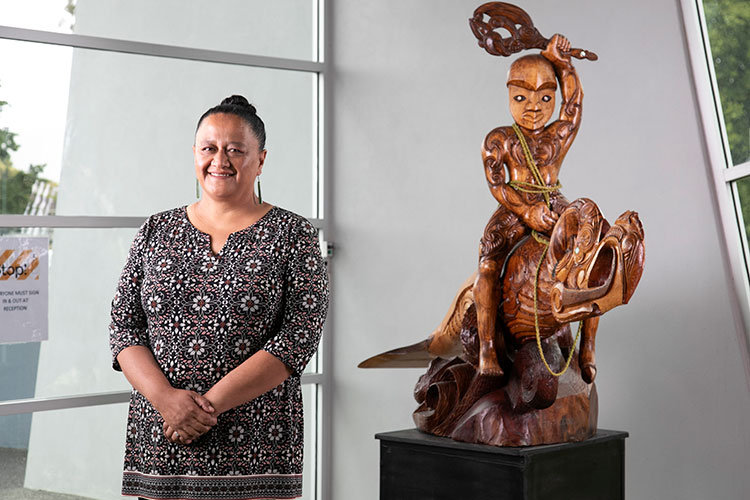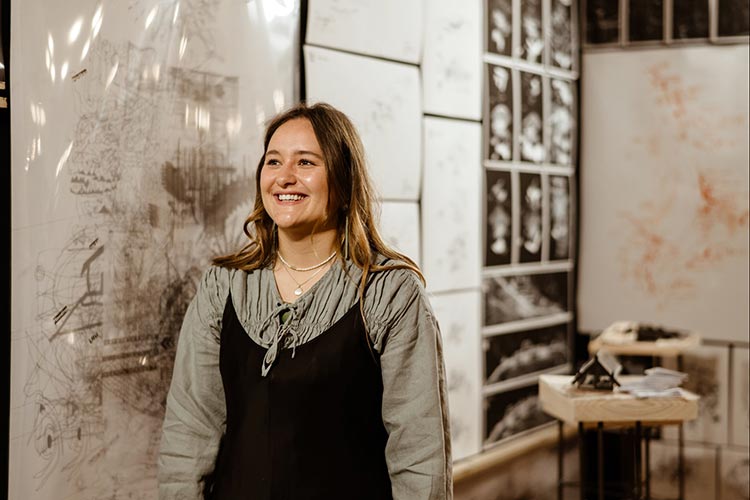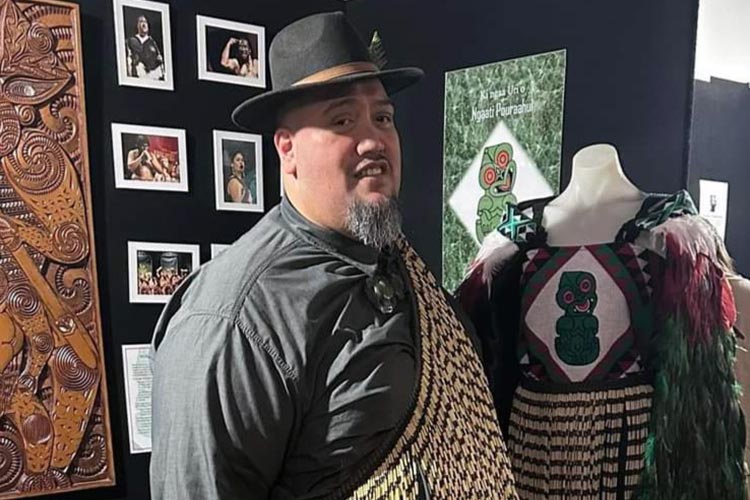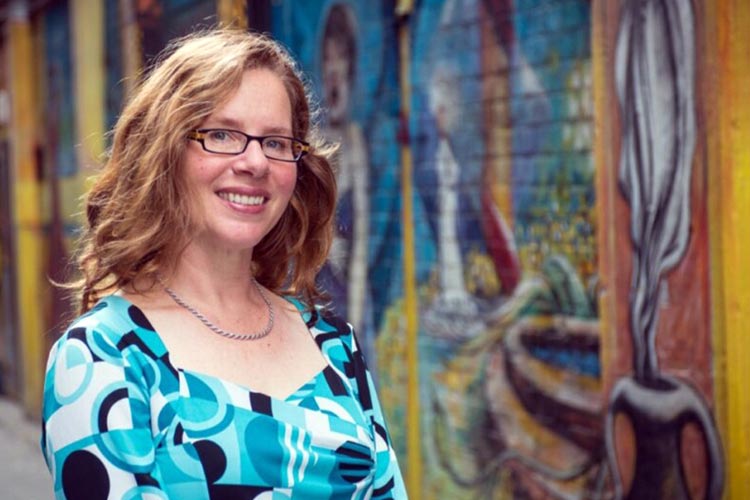If you think Pīmia Wehi looks familiar, then you’d be right.
A mainstay of champion kapa haka Te Waka Huia for most of her life, Pīmia won the coveted title of Manukura Wahine in 2017, when she was recognised as the top kaitataki wahine at Te Matatini, the biennial national kapa haka competition.
Off the stage, Pīmia teaches Te Hapūtanga o te ao Tikanga at Te Wānanga o Aotearoa in Gisborne.
The 40-week programme is for people who want to develop their understanding of tikanga protocols and cultural practices.
For Pīmia (Te Aitanga ā Mahaki, Te Whakatōhea, Te Whānau ā Apanui, Ngāi Tuhoe) the 40-week programme offers more for people wanting to reconnect with their marae and the legacy of their ancestors.
“I’d like to think the programme gives tauira the opportunity to re-engage with their whānau and with their identity, who they are and where they come from,” she says.
“People come here with different needs, some have just moved home and some are travelling in from out of town. They want their feet on the ground and to understand why we do these things on the marae and the importance of tikanga.”
Pīmia says the programme is made up of four different parts, Mana Tangata, Mana Whenua, Mana Ao Turoa and te reo Māori.
“Mana Tangata talks about leadership and Māori principles, it’s an extension of what they learn on the level 4 programme (Te Kunenga o te Ao Tikanga).”
“We look at Mana Whenua through waiata. In waiata there are pūrākau (stories) and local history and we visit the sites that we’ve sung about or discussed.”
“Mana Ao Turoa is around rangahau (reflective practice). The difference between rangahau and research is research is quite clinical whereas with rangahau there’s a methodology approach.”
She says the mix of Zoom classes and noho (live in weekends at marae) works well for her tauira, many of whom live outside of Gisborne but are committed to learning about how tikanga affects them.
“I have tauira who travel here from Auckland, Wellington and Whangārei.”
“It’s a big commitment but for them it’s about self empowerment and to see their confidence and being able to do their pepeha. There are a lot of people who struggle with these things but at the end of the programme they come out with self identity, self confidence and pride.”




































